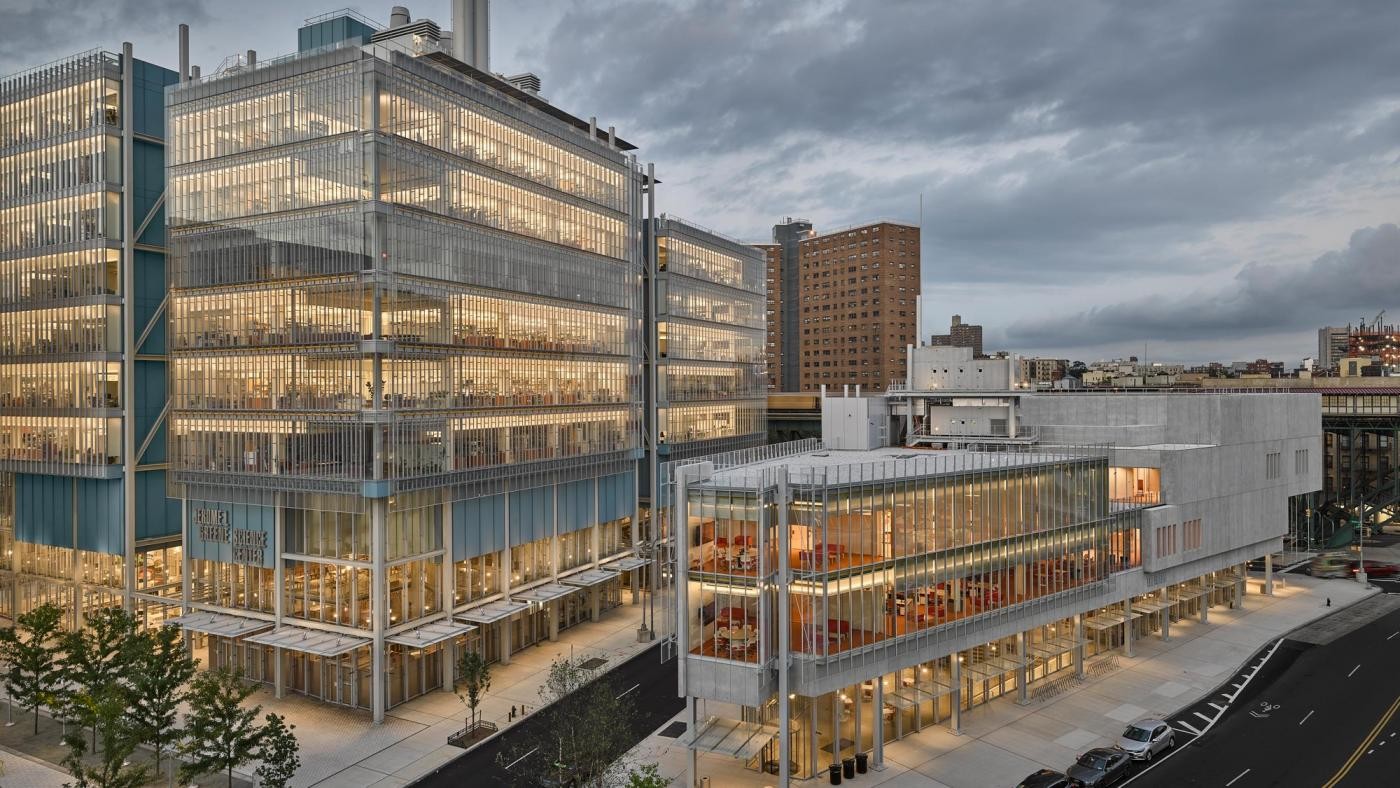Research Opportunities
The graduate program begins in late August with "Neuroscience Boot Camp"; an intensive introduction to cutting-edge research approaches across Columbia Neuroscience laboratories. Students then begin laboratory rotations (completed during year 1) and course work (completed by year 2) and enter full time thesis research. The curriculum is flexible and tailored to the broad range of research interests in modern Neuroscience: theory to channels.
This breadth of opportunity is enhanced by the fact that faculty mentors in the program have appointments across many different university departments. In addition, most faculty members belong to one or more neuroscience-related centers or institutes, enhancing collaborative research within subfields of neuroscience. They include: the Center for Theoretical Neuroscience; the Kavli Institute for Brain Science(neural circuit analysis); the Lieber Center for Schizophrenia Research; the Mahoney-Keck Center for Brain and Behavior (systems and cognitive neuroscience); the Motor Neuron Center; the Sackler Institute for Developmental Psychobiology; the Grossman Center for the Statistics of Mind; the Taub Institute for Research on Alzheimer's Disease and the Aging Brain; and The Mortimer B. Zuckerman Mind Brain Behavior Institute (The Zuckerman Institute). All of these organizations provide rich opportunities for graduate research, including collaborations within and outside of Columbia and seminars by visiting scientists.
Graduate students rotate in laboratories and carry out thesis research at three main locations: Columbia University Medical Center at 168th Street and Broadway, the Morningside Heights campus at 116th Street and Broadway and the Jerome L. Greene Science Center at 125th Street and Broadway. Information about the new and existing research initiatives can be found below. Students may choose any laboratory in the graduate program in which to do a rotation. Where appropriate and with administrative approval, students may select a lab from outside of the program but within the larger body of the university. Efforts are made to ensure that students learn technical skills, and are made aware, through participation in lab meetings and personal mentoring, of the larger theoretical issues involved in research.
Student research projects are published in top-tier journals, usually as first-authored papers. Our students go on to academic postdocs and careers in science-allied fields. For more on current positions of program alumni, please visit the Alumni page.
Faculty and Research
The mentors at Columbia that participate in the Neurobiology and Behavior training program are both exceptionally accomplished and highly collegial. A spirit of cooperation and collaboration transcends departmental, geographical, and disciplinary boundaries. Learn more about faculty research interests by exploring our list of mentors. Faculty mentors can be browsed by name or by research area.
Research Initiatives
As we look toward the future of Neuroscience, the Neurobiology and Behavior program will benefit from a number of exciting new initiatives.
The Zuckerman Mind Brain and Behavior Institute builds upon Columbia’s existing strengths in the biological and physical sciences, supplements its medical training, and links the neuroscience research communities on the Morningside Heights and Washington Heights campuses. Many of the Institute’s principal investigators is located within the 450,000 square-foot Jerome L. Greene Science Center on the University's
new Manhattanville campus.
The Columbia Stem Cell Initiative conjoins over 100 stem cell researchers from all of Columbia’s departments, centers and campuses, with a focus on stem cells from different tissues and organs.
The Columbia Translational Neuroscience Initiative aims to unite the community of neuroscientists at Columbia University Medical Center and form a collaborative union that can readily translate scientific research into useful clinical applications.
All of these organizations provide rich opportunities for graduate research, including collaborations within and outside of Columbia and seminars by visiting scientists

